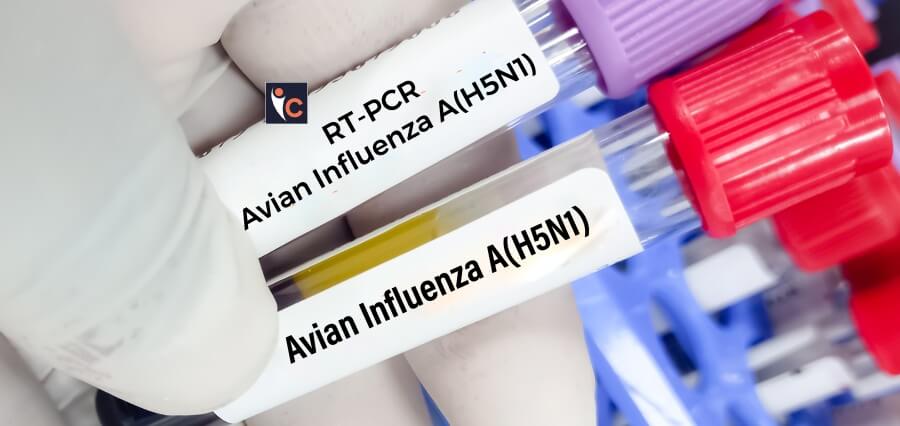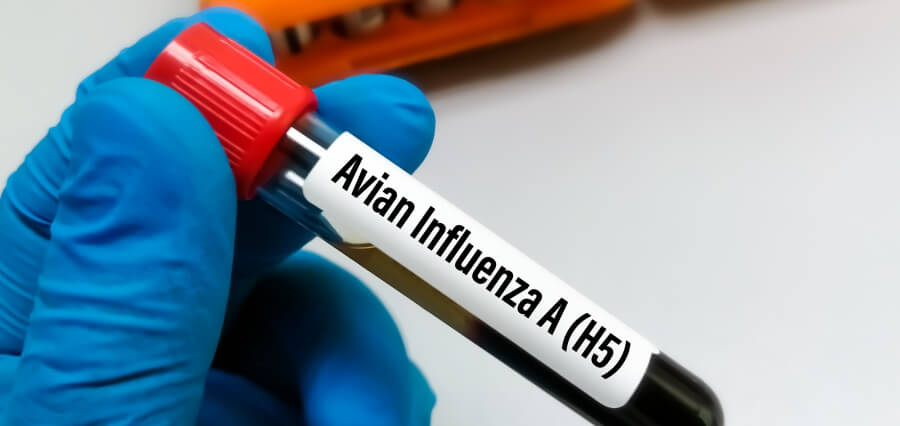Whooping cough cases are on the rise in Aotearoa New Zealand. To mitigate the impact, experts emphasize the need for an accountable antenatal immunisation system and enhanced immunisation support.
In the latest briefing from the Public Health Communication Centre, University of Auckland Immunisation Advisory Centre (IMAC) medical director Dr. Nikki Turner and co-authors highlight the importance of four immunisation events to protect babies when they are most vulnerable to severe disease: maternal vaccination during pregnancy, and immunisation at 6 weeks, 3 months, and 5 months.
“Alarmingly, it’s estimated that only about half of pregnant women who gave birth between December 2023 and February 2024 received their pertussis immunisations, and this figure drops to less than a third for Māori,” says Dr. Turner. She also notes that New Zealand is underperforming in delivering on-time immunisations to infants.
“These low immunisation rates leave New Zealand pēpi (infants) vulnerable to severe disease, especially if a national epidemic of pertussis occurs. Urgent action is required to increase immunisation coverage, particularly in pregnancy, to protect pēpi from severe disease and death.”
Co-author Dr. Mamaeroa David states that New Zealand’s low antenatal immunisation coverage is multifaceted and likely perpetuated by health system barriers, including unequal access to maternity care.
“To counter these barriers, New Zealand should establish a centrally-governed maternal immunisation system focused on equity and Te Tiriti obligations to monitor and coordinate efforts to improve coverage,” says Dr. David, senior Māori advisor and medical advisor for IMAC.
The briefing also recommends empowering pregnant people to make informed decisions about immunisation with evidence-based information. Dr. David adds, “Research in New Zealand has shown that pregnant women would value receiving antenatal immunisations from their Lead Maternity Carer as part of routine antenatal appointments.”
Read More: Click Here









